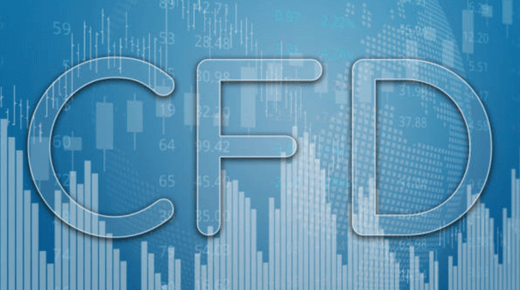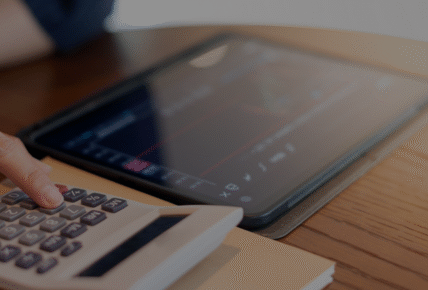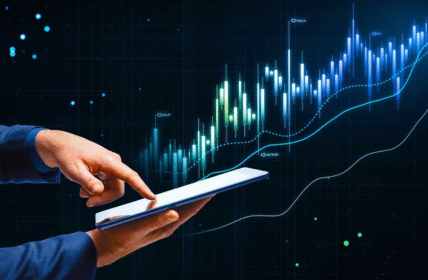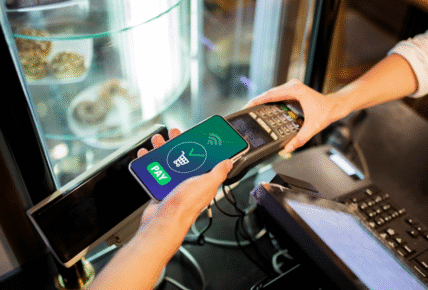When it comes to trading, there’s a lot of jargon that can make your head spin. CFDs, futures, options, forex – they’re all terms that you might hear thrown around in the trading world, but what do they really mean? And more importantly, which one is right for you? Let’s dive into the world of CFD trading and futures trading to see how they stack up against each other and which one might suit your trading style best.
Understanding CFD Trading
CFD stands for Contract for Difference. It’s a financial derivative that allows you to speculate on the price movement of an underlying asset without actually owning the asset. You’re essentially betting on whether the price will go up or down. CFD trading (It is also known as “差價合約交易” in Taiwan.) is popular because it offers a flexible way to trade on a wide range of markets, including stocks, indices, commodities, and currencies.
One of the key benefits of CFD trading is the leverage it provides. Leverage allows you to trade with more money than you actually have in your account, which can amplify your potential profits. But, and this is a big but, it can also amplify your losses. So, while CFD trading can be a powerful tool, it’s not for the faint-hearted.
The World of Futures Trading
Now, let’s shift gears and talk about futures. Futures are contracts to buy or sell an asset at a predetermined price on a specified date in the future. They’re used by traders to hedge against price fluctuations or to speculate on future price movements.
Unlike CFDs, futures are traded on exchanges, which means they’re subject to strict regulations and have standardized contract sizes. This can make futures trading more predictable and transparent, but it also means you have less flexibility in terms of the contracts you can trade.
Risk Management: A Key Consideration
Whether you’re trading CFDs or futures, risk management is crucial. With CFD trading, you have to be mindful of the leverage you’re using and the potential for rapid losses. It’s important to set stop-loss orders to limit your potential losses and to only trade with money you can afford to lose.
Futures trading also comes with risks, but they’re a bit different. Since futures are traded on exchanges, you’re dealing with the risk of default by the other party to the contract. However, this risk is generally mitigated by the exchange’s clearinghouse, which guarantees the contract.
Trading Flexibility and Variety
When it comes to flexibility, CFD trading has the edge. You can trade on a wide range of markets and assets, and you can go long or short on any of them. This gives you a lot of flexibility in how you approach your trading strategy.
Futures trading, on the other hand, is more limited in terms of the assets you can trade. But, if you’re focused on a specific market, like commodities or financial instruments, futures can be a great way to gain exposure to that market.
Costs and Fees
The costs associated with CFD trading and futures trading can vary widely. With CFDs, you’ll typically pay a spread (the difference between the buy and sell price) and possibly an overnight financing fee if you hold a position overnight.
Futures, on the other hand, usually involve a flat fee per contract, regardless of the size of the position. This can make futures trading more cost-effective if you’re trading larger positions, but it can also be more expensive if you’re trading smaller positions.
Conclusion: Which One is Right for You?
Ultimately, the choice between CFD trading and futures trading comes down to your personal trading style, risk tolerance, and financial goals. If you’re looking for flexibility and the ability to trade on a wide range of markets, CFD trading might be the way to go. But if you prefer the structure and predictability of trading on an exchange, futures could be a better fit.
Remember, there’s no one-size-fits-all answer in trading. It’s all about finding the right tool for the job, and that means understanding the ins and outs of both CFD trading and futures trading so you can make an informed decision. So, whether you’re a seasoned trader or just starting out, take the time to educate yourself and choose the path that’s right for you.

Foster idea
Find latest technology news from every corner of the globe at Reuters.com, your online source for breaking international news coverage.




